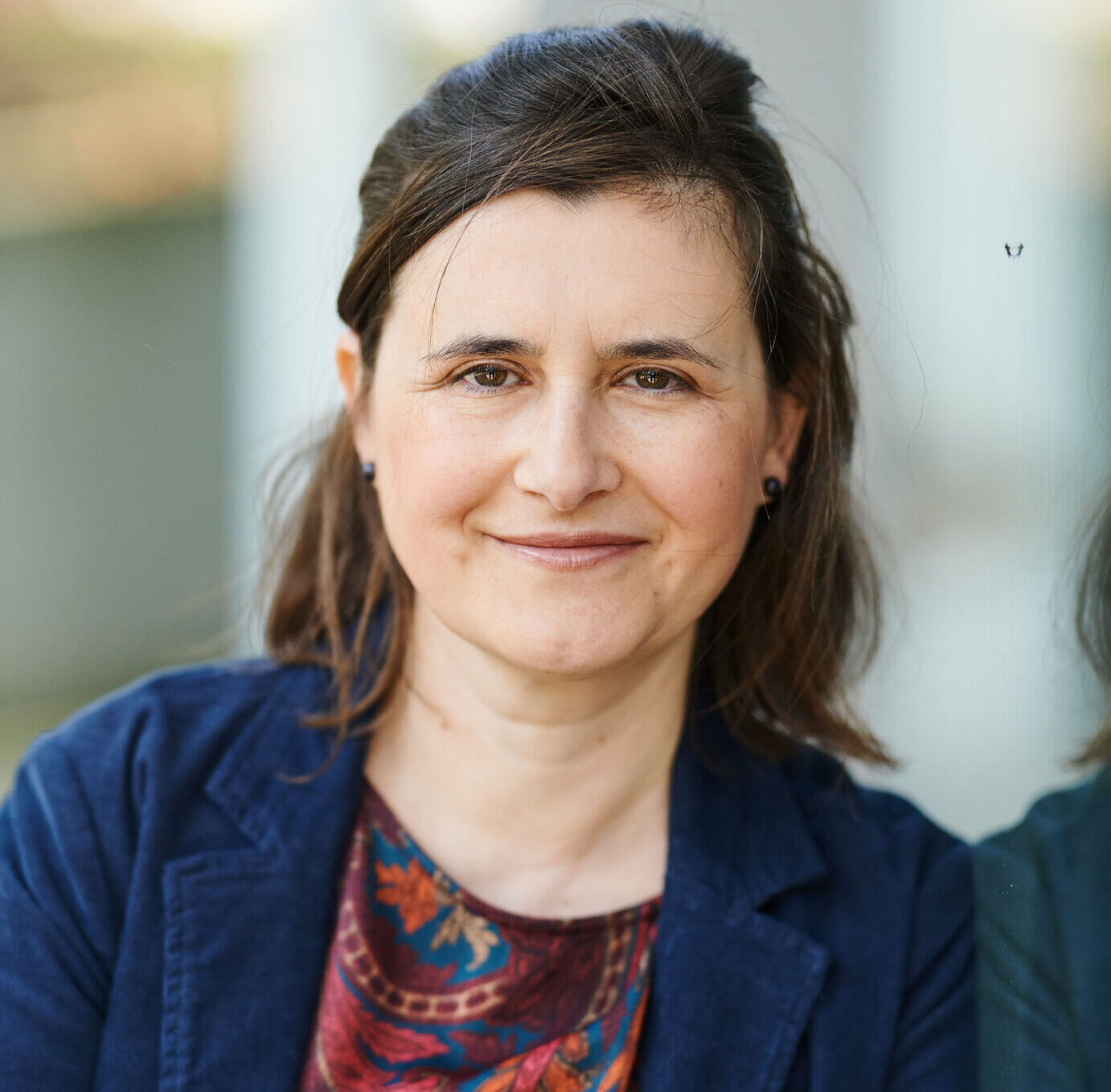
DE&I Inter-University Certificate
Diversity, Equity, and Inclusion in Organizations: From Barriers to Impact
In a time when organizations are navigating both increased demands for equity and representation and growing resistance to DEI initiatives, professionals leading diversity efforts are pivotal to driving meaningful change. This program equips participants with the knowledge, and tools, to design, implement, and lead inclusive policies that foster lasting impact and organizational transformation.
This program is ideal for business leaders, HR professionals, diversity officers, sustainability/CSR managers, and key players in the private, non-profit, and public sectors, tackling diversity and inclusion challenges. Ideal for those with backgrounds in psychology, management, economics, law, or social and human sciences.
The program is structured in modules that mirror the stages of organizational change – from problem identification and a needs-based analysis to policy and intervention evaluations. Each module blends scientific insights with practical knowledge, co-delivered by academic experts from ULB, Uclovain, Ghent, Hasselt, and practitioners from partner institutions such as DMAB, UNIA, and IEFH.
I coordinate this certificate together with Karl-Andrew Woltin, UClouvain.
I am teaching various classes in the master’s programs at Solvay Brussels School of Economics and Management and the Psychology Faculty at ULB.
Organizational Behavior and Leadership (GESTS-448, 5ECTS)
Mandatory Course in Management Science
The field of organizational behavior (OB) is about understanding how people and groups in organizations behave, react, and interpret events.
It also describes the role of organizational systems, structures, and processes in shaping behavior, and explains how organizations really work, but also how to become a good leader. Drawing from fields including management, sociology, economics, and psychology, OB provides a foundation for the effective management of people.
Because it explains how organizations work from individual motivation to team dynamics to organizational structure, knowing about OB is essential for becoming an effective leader in organizations.
The OBL course is part of the project Sustainable Development at Solvay, and therefore, particular attention is devoted to the link between OB and sustainability.
Negotiation Skills
(GESTS-498, 5 ECTS)
Skills Course in Management Science and Business Engineering.
For most of us, our days are filled with negotiation situations. This course aims to help students improve their skills in two fundamental ways.
One is knowledge-oriented: students learn frameworks and concepts for understanding and analyzing negotiation situations. Students acquire terms and models for identifying the type of negotiation and the potential costs and benefits of different strategies and tactics. Based on this, students should be able to interpret situations, plan tactics, and recognize and react to their partner’s behavior.
A second and complementary route to improve as a negotiator is practice-oriented: students complement their analytical tools with behavioral skills.
Negotiation ultimately comes down to behaviors—how a negotiator frames an offer or a concession, how they share information about preferences and priorities. Practicing these behaviors and understanding how other parties perceive and react to them, is essential to improving as a negotiator.
The course provides continuing opportunities for hands-on practice and also provides feedback, discussion, and occasions for reflection.
Managing Diversity and Multiculturality
(GESTS-517, 5 ECTS)
Optional Course in Management Science and Social and Labor Psychology Masters.
This course teaches students the conceptual, analytical, and practical skills necessary to be an effective manager in multicultural and diverse business environments.
The definition of diversity used in this course is not just limited to ‘national’ culture differences but it includes differences among individuals along any socio-demographic dimension (including nationality, ethnicity, language, age, gender, and socio-economic status) or other dimensions of social identity relevant to organizational contexts that are marked by a history of intergroup relations.
This course will thus explore the multiple factors within society, including at the organizational, group and individual levels that can help or hinder effective organizational functioning.
The course will then propose concrete skills to foster diversity and inclusion, as well as effective diversity plans within organizations.
This course contributes to the Sustainable Business Operations pedagogical pathway of the Sustainable Development initiative that seeks to provide an integrated training in sustainability.
I am also teaching in Executive Education in two programs
Advanced Master in Innovation and Strategic Management
Executive MBA

Office at Université Libre de Bruxelles
Solvay Brussels School of Economics and Management
Av. F.D Roosevelt 50 – 1050 Brussels, Belgium, R42.4.206
Phone: +32 (0) 2 650 38 35
